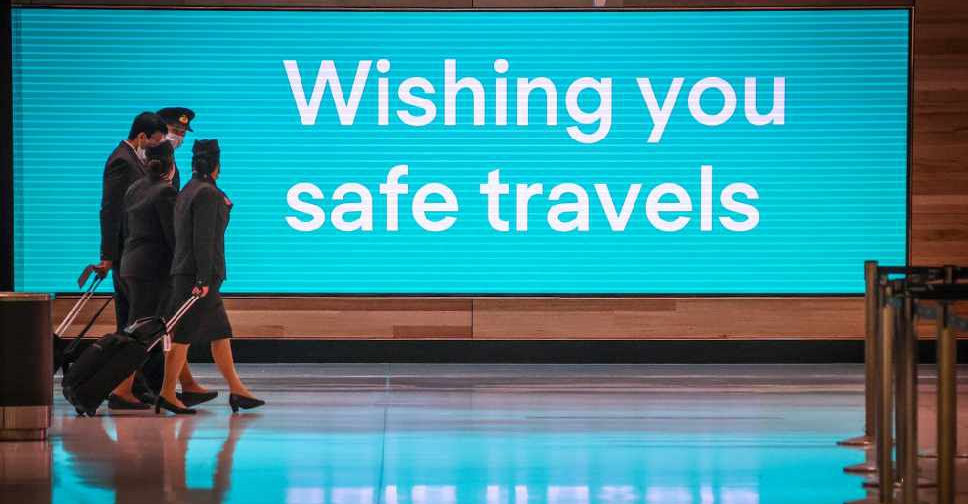
Australia reopened its "travel bubble" with New Zealand on Sunday after the neighbouring country reported no new locally acquired COVID-19 cases.
The decision marks the resumption of the only international arrivals into Australia who do not require 14 days in hotel quarantine.
Arrivals from New Zealand "are now judged to be sufficiently low risk, given New Zealand's strong public health response to COVID-19", acting Australian Chief Medical Officer Michael Kidd told reporters.
However, Australia would require screening of travellers from New Zealand before and after flights for the next 10 days, Kidd added, "given there is still a small risk of further associated cases being detected and with an abundance of caution".
The decision comes as Australia marked two weeks without a locally acquired case of the virus, which has infected 29,000 in the country and killed 909.
Australia, which has closed its borders to all countries but New Zealand since March 2020, is now planning a vaccination programme starting late February.
On Sunday, Health Minister Greg Hunt said the government would invite the country's roughly 5,800 community pharmacies this week to apply for a federally-funded programme to pay them to administer inoculations, along with doctors and hospital health workers.
"That means more points of presence for Australians in terms of where they can receive their COVID-19 vaccine," Hunt said.
"This is potentially life-saving medication. The medicines can work with differing degrees of effectiveness, but all up, this can improve lives, extend lives, or save lives."
The government plans to start vaccinating priority groups like older and indigenous Australians with a shot developed by Pfizer Inc and BioNTech SE from late February.
The plan also involves a vaccine developed by AstraZeneca Plc, although that product has not yet been approved by Australia's Therapeutic Goods Administration. Pharmacists involved in the programme would receive training to administer the AstraZeneca vaccine, with first shots planned in May, Hunt said.



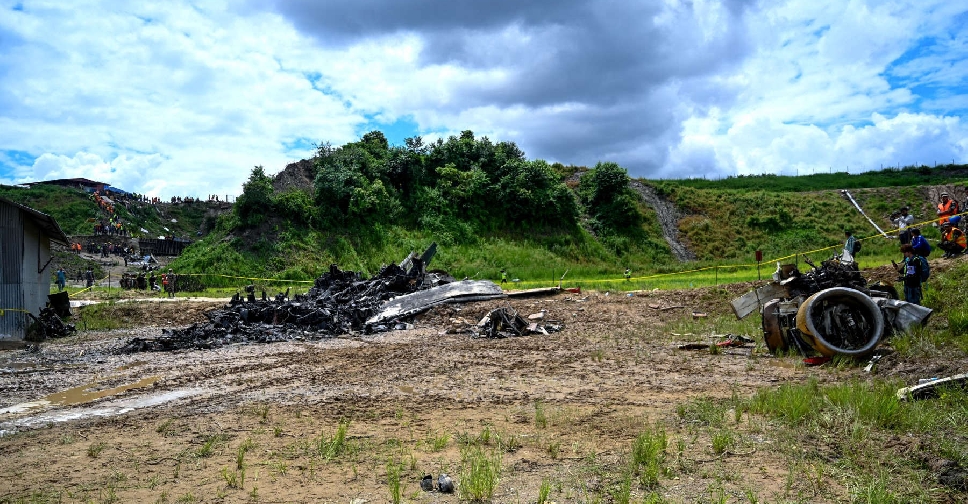 Incorrect speed record card caused 2024 Nepal plane crash, says panel
Incorrect speed record card caused 2024 Nepal plane crash, says panel
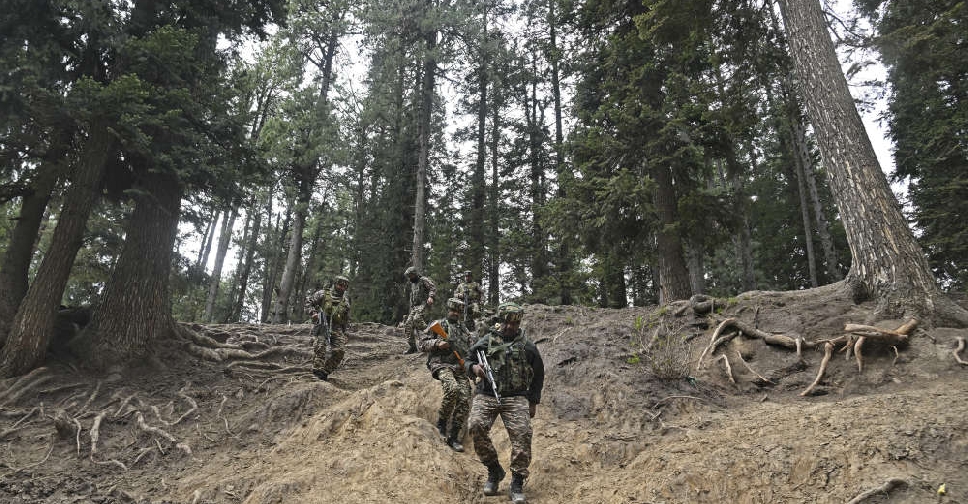 US designates Pakistani group's offshoot as 'terrorist' organization over Kashmir attack
US designates Pakistani group's offshoot as 'terrorist' organization over Kashmir attack
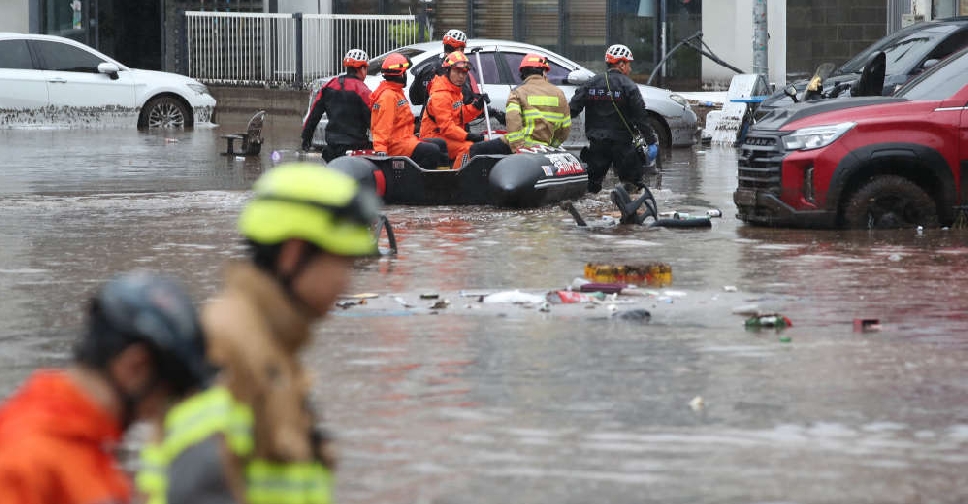 Torrential rain pounds South Korea as thousands take shelter
Torrential rain pounds South Korea as thousands take shelter
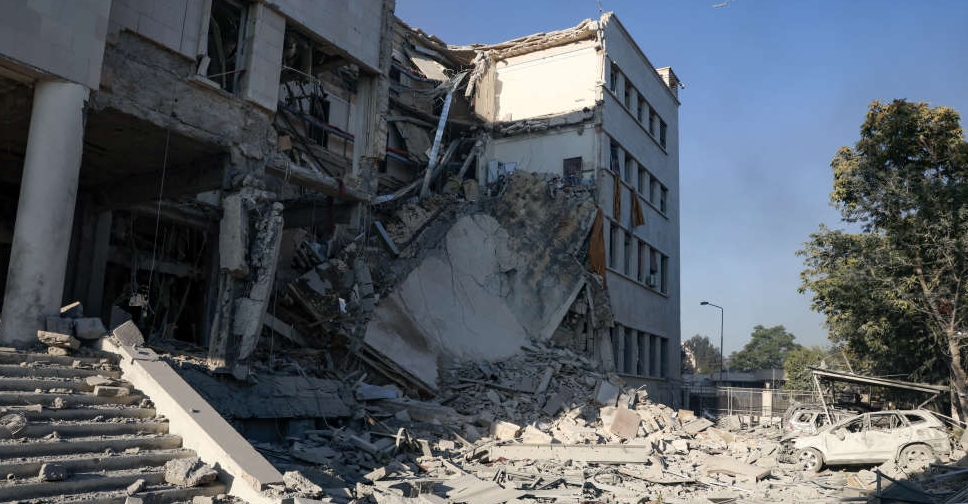 US did not support Israel's Syria strikes, Sharaa vows to protect Druze
US did not support Israel's Syria strikes, Sharaa vows to protect Druze



